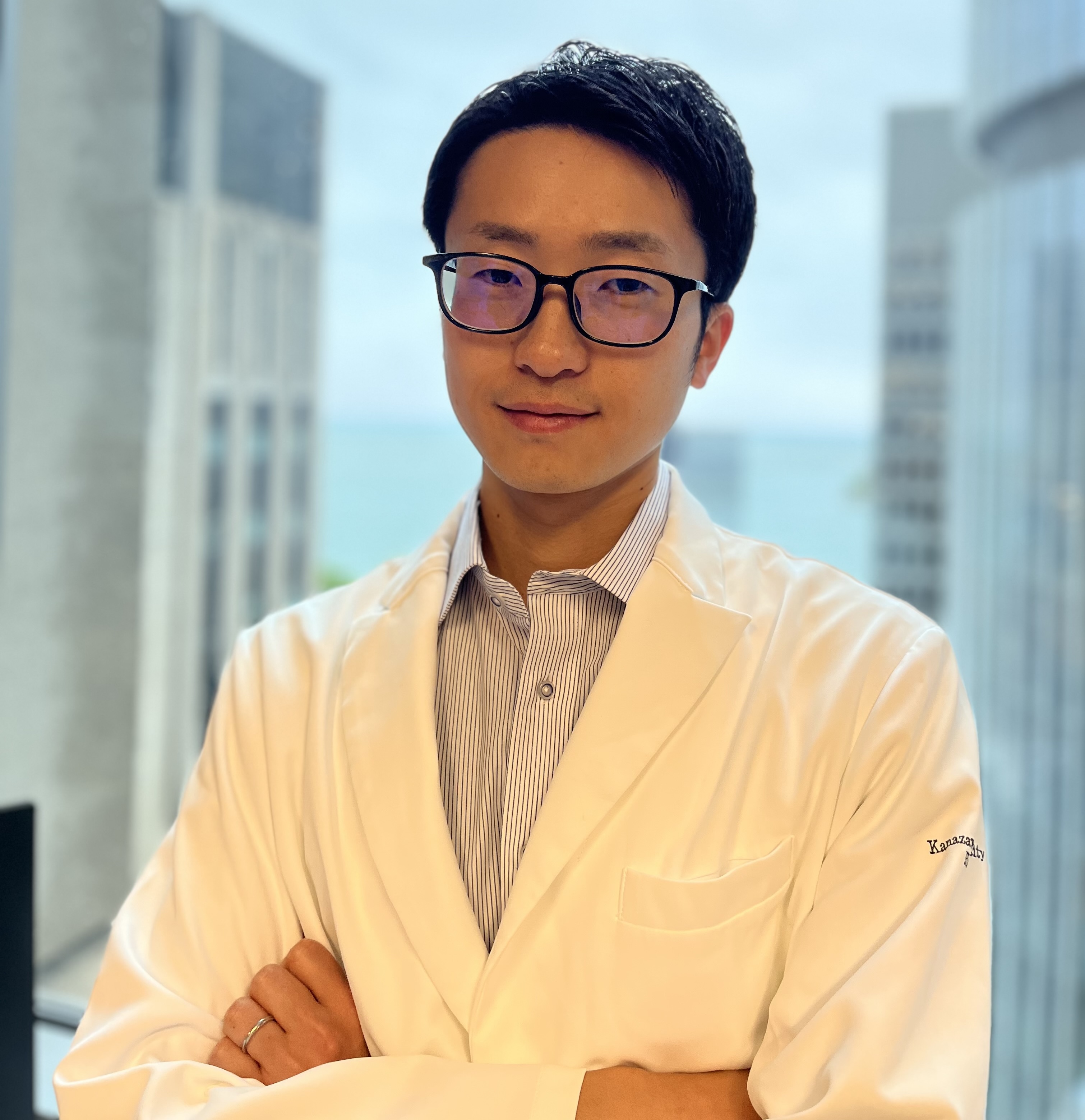CRS Scientist Spotlight on Takuma Suzuki, MD, PhD
CRS is an exceptional organization where experts from various fields come together, allowing me to gain access to the latest knowledge and insights from them.
Takuma Suzuki, MD, PhD
Postdoc, Bulun Lab
Takuma Suzuki, MD, PhD is a postdoc in the Bulun Lab. His research focuses on the formation of uterine fibroids.

Mentor: Serdar Bulun, MD
Project title: "Exploring pathways underlying the formation of Uterine fibroids"
What brought you to join the CRS community and what is your current position?
I am a 2nd year postdoc at Dr. Bulun’s lab. I joined CRS because it serves as a central hub for scientists in reproductive biology at Northwestern, where collaborative efforts and a dynamic research environment foster connections and support. This vibrant community not only accelerates scientific progress but also provides an ideal setting for early-career researchers like us to receive training and build valuable research experience.
Could you describe your research?
My research work focuses on uterine fibroids, which are benign uterine tumors that grow in more than 70% women. I am exploring how the tumor forms and grows in terms of the cell signature.
What aspect(s) of CRS do you find most valuable?
CRS is diverse and mutually respects people’s community which is highly collaborative and interactive. I am broadly interested in female reproductive biology, but there are limits to the areas I can investigate on my own. CRS is an exceptional organization where experts from various fields come together, allowing me to gain access to the latest knowledge and insights from them.
What has been the most valuable aspect of your training as a reproductive scientist?
In fact, 75 to 80% of people with a uterus are usually diagnosed with fibroids at some point in their lives. The presence of uterine fibroids has a well-established negative impact on pregnancy and childbirth outcomes. In other words, improving or treating uterine fibroids could potentially enhance reproductive outcomes for more than 70% of women.
What is one piece of advice you would give to young scientists starting their journey in science?
Listen to your patient, they are telling you what they truly need.
What do you think will be the next big contribution in the reproductive biology field?
I believe that treatments aimed at optimizing the intrauterine environment and improving pregnancy and childbirth outcomes will become increasingly necessary.
What hobbies do you have outside of the lab?
I really enjoy cooking, especially our Japanese traditional food, but unfortunately cannot cook very traditional Sushi. And of course, I do like traveling and exploring new places.